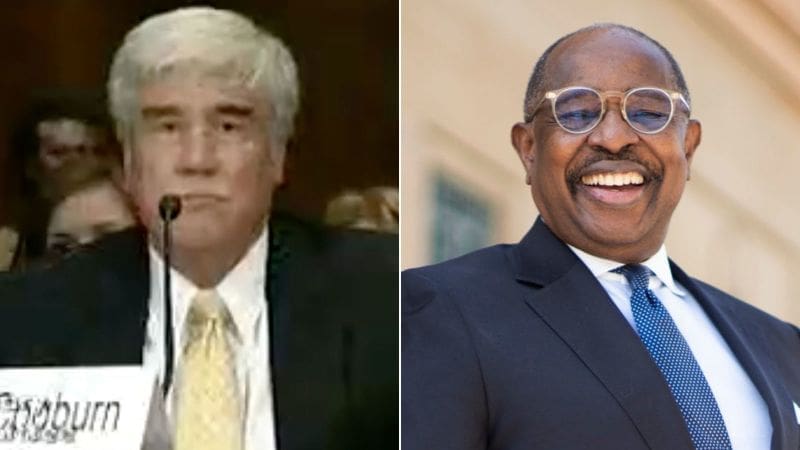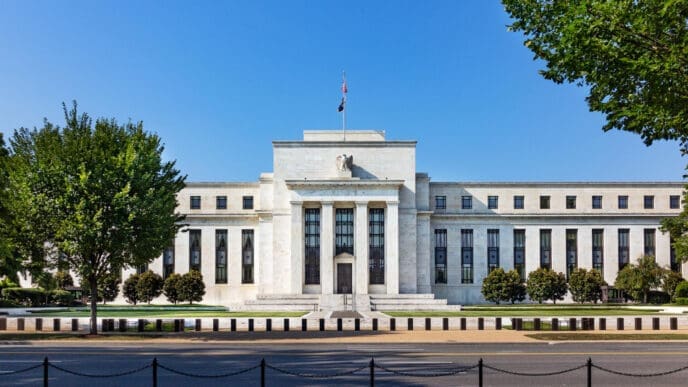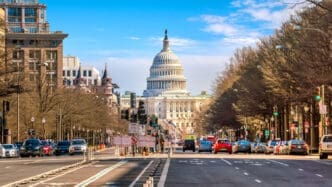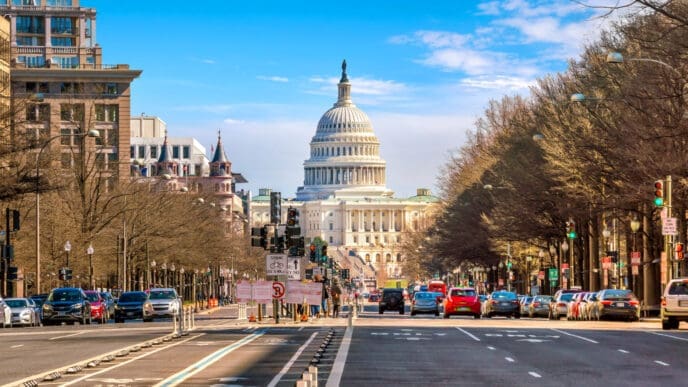In a surprising turn of events, two US district judges have decided to remain in their positions, thus denying President-elect Donald Trump the opportunity to appoint their successors. This decision has highlighted a growing trend among judges who reconsider retirement plans under changing political landscapes.
US District Judges Algenon Marbley and Max Cogburn, who had previously announced plans to step down, reversed their decisions following Trump’s election victory. This choice effectively denies Trump the chance to nominate their replacements. Both judges have cited a lack of confirmed successors as a reason for their continued service, a move seen as maintaining judicial independence against anticipated nominees they may find unsuitable.
Senate Minority Leader Mitch McConnell criticized the judges’ decisions, suggesting that such actions undermine the judiciary’s integrity and reflect partisan motives. He warned of potential consequences, such as requests for recusal in cases involving the Trump administration. McConnell, known for his role in confirming numerous Trump judicial nominees, described the judges’ actions as an example of ‘open partisanship.’
The phenomenon of judges reversing retirement plans is not new. Similar actions occurred after elections in 2004 and 2008, where judges reconsidered stepping down due to political considerations. Notably, Judge Karen Caldwell altered her retirement plans following a failed agreement to appoint a conservative successor.
President Biden has refrained from nominating successors for Marbley and Cogburn, likely due to the Senate’s ‘blue slip’ tradition requiring approval from home-state senators for appointments. However, Biden has nominated individuals for other appellate positions, where partisan tensions continue to influence judicial appointments.
McConnell’s concerns extend to appellate Judges Jane Branstetter Stranch and James Andrew Wynn, whose potential retirement might create openings for Trump appointees. Both judges have yet to set retirement dates, leaving open the possibility of similar reversals in response to political pressures. Stranch and Wynn face criticism from Republican senators over Biden’s nominees, reflecting the ongoing challenges in the judicial appointment process.
The reversal of retirement decisions by Judges Marbley and Cogburn underscores the influence of political dynamics on the judiciary. As political battles over judicial appointments continue, these developments highlight the intricate balance judges must maintain between personal discretion and political considerations.
Source: CNN













